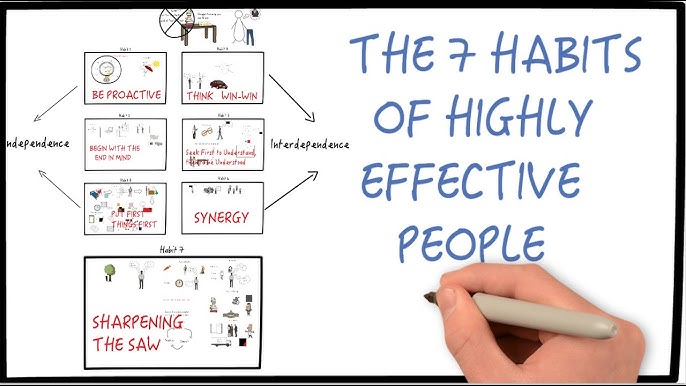Research isn’t just about deciding a speculation and disentangling an end for that theory. Each research approach that we take up falls under the classification of a kind of philosophy and each strategy is selective and unpredictable in its profundity. Beneath, you can track down the meanings of seven types of research methods:
Experiments:
An examination is a research technique that consolidates logical strategies to test a theory, find new bits of knowledge, or show laid-out realities. A researcher commonly notices an occasion and makes a speculation. This speculation is basically a proclamation portraying what happens when certain factors interface. For instance, the surface temperature is brought down when mists discourage direct daylight. This research technique can apply to practically any industry since it doesn’t depend on unambiguous assets or guinea pigs. For instance, a study depends on human information, however, a trial can include shifting data sources, contingent upon the point.
Surveys:
An overview includes the assortment of data through a survey. A survey is a bunch of inquiries given to people to reply. Surveys aren’t generally unknown, however, researchers could make them mysterious to urge members to give honest responses. A study can be a superb strategy for gathering, cross-referring to, and breaking down data between unambiguous socioeconomics. The inquiries in an overview can in fact allude to any subject, making it a flexible research technique for examining cultural issues. The inquiries might be mind-boggling, however, researchers could incorporate straightforward inquiries to limit human blunders in the data.
Contingent upon the study’s motivation, researchers ordinarily convert the responses into quantitative data, meaning it has a mathematical worth. The researchers then, at that point, investigate the quantitative data to lay out connections and connections between the review results
Observation:
Observational research is like a field exploration, however, an observational review doesn’t mediate or test factors. Observational research notices a peculiarity, occasion, or element to arrive at an induction. The researcher doesn’t control or test factors to recognize connections. Observational research is many times a piece of other research methods including greater scientific cycles. For instance, researchers directing experiments might lead to an observational review to foster speculations.
The observational research technique is commonly exceptionally adaptable. Research Proposal Writing Services use this. This is on the grounds that a researcher can in fact notice anything, from a gathering of vertebrates to the development of stars. It’s generally most proper while noticing conduct and activities in a subject’s common habitat. For instance, researchers could lead an observational review to decide how a particular creature chases in nature.
Case Studies:
A case study is a research strategy that contains systems like interviews and observations. On the off chance that a researcher directs a case study, they’re researching a specific occasion, peculiarity, individual, or gathering. The case generally has laid out speculations, observations, and existing research material. Case studies typically have previous data contrasted with other research methods, like experiments and observations. This implies a case review’s motivation is as a rule to give more understanding of a point instead of testing a speculation. It tries to understand the reason why something happened as opposed to what could occur.
Interviews & Focus Groups:
Interviews and focus groups are like surveys, with the exception that they regularly include fewer members. The meeting research strategy includes researchers posing people or little groups with explicit inquiries about a point. These inquiries are generally more perplexing and empower more inside and out replies than an overview. The outcomes from interviews are normally subjective. For instance, a researcher might pose numerous inquiries about a singular’s workplace, requesting that they portray their sentiments and examine ways of behaving. A review could request that the member rank their involvement with their working environment in view of a mathematical reaction.
Secondary Data Analysis:
This research approach normally has limits in its degree and adaptability. This is on the grounds that it includes the research of research that as of now exists. While leading secondary data analysis, researchers ordinarily inspect case studies, experiments, and surveys previously led. This research approach can have a few advantages, like expense and time viability. For instance, researchers seldom gather and break down crude data, which can cause significant expenses and consume time.
Mixed Methods:
It’s typically useful to realize that research methods aren’t selected. Generally speaking, your research undertaking can profit from various strategies. Some research methods additionally normally incorporate different methods. For instance, testing might integrate surveys, interviews, and observational discoveries. Contingent upon your research subject, utilizing different research methods can as a rule work on the precision and importance of your data. For instance, an overview might give a wide portrayal of a segment. You could cross-reference the outcomes with results from interviews and focus groups.










